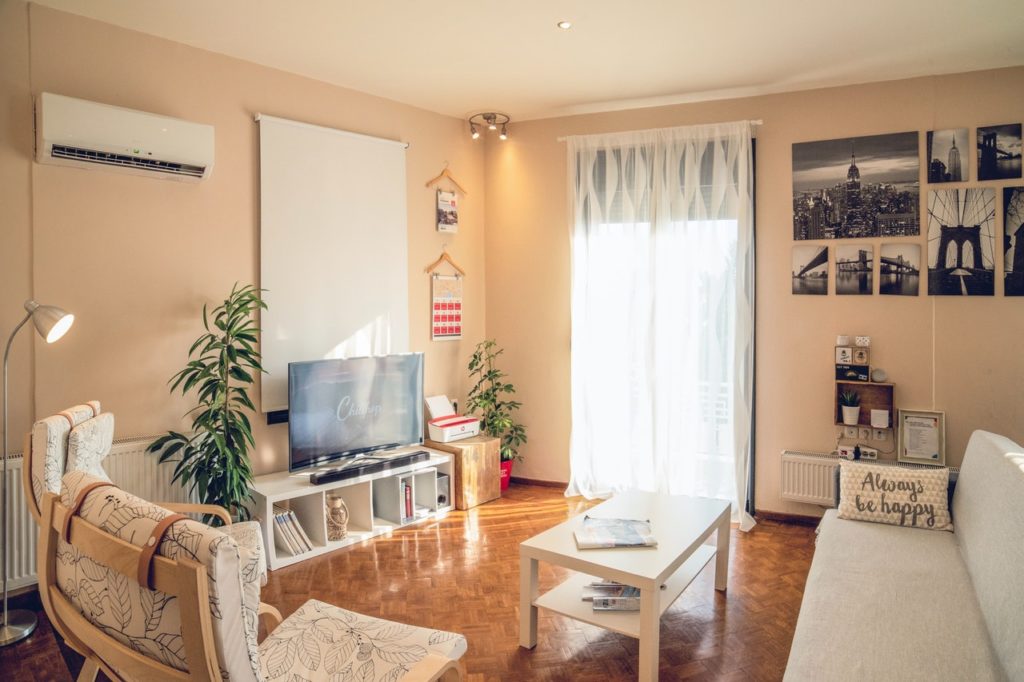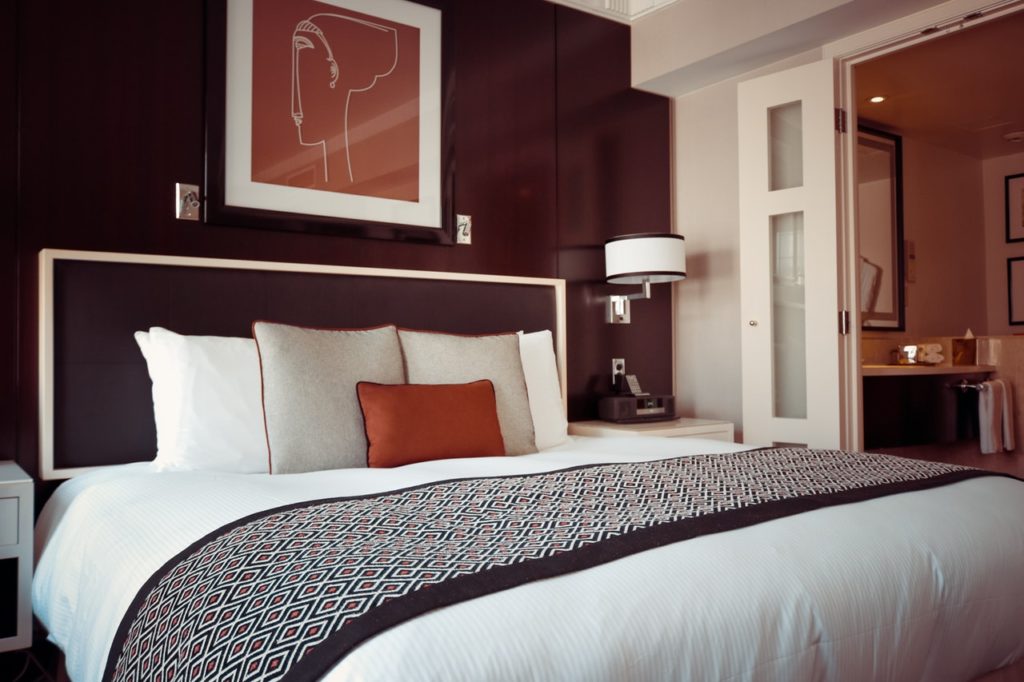Hotels vs Airbnb’s: Which is the best option?

Usually, hotels would’ve been the first thing that came to mind when it came to organising accommodation for your trip away. But with the advancements in modern technology revolutionising the way we approach staying abroad, the hotel industry has suffered a small wound as a result of the rising competition.
Hotel hospitality
Choosing whether to opt for a hotel or a homestay is entirely down to the preferences of the individual, but let’s go through some of the advantages hotels bring us that an Airbnb can’t. With hotels you can be safe in the knowledge that anything you need is a phone call away, and while most amenities aren’t in your room upon arrival, the hotel is sure to have designated areas where guests can do things such as ironing, laundry or using computers. Hotels also have things that a lot of Airbnb’s don’t provide, such as the basics of towels and toiletries, which take up room in your suitcase.
Hotels seem to be more beneficial for families, as the hotel entertainment areas are a great way for kids to keep themselves busy while the parents can relax and enjoy some time alone. The free breakfasts and meals that come with the hotel often have a plethora of choice as well, lowering the risk of unsatisfied kids as a result of picky food tastes.
The renowned customer service aspect of the hotel industry can be the winner of Airbnb’s. If customers feel as though they got more than their money’s worth as a result of above-and-beyond customer service, then they’ll not budge when it comes to booking again.
Homestays
Despite the idea of being catered for is appealing to some, many like the solitude that comes with having your own place abroad, without the interruptions of neighboring guests in nearby areas. With Airbnb’s you can really scope in on what you want with your accommodation, such as choosing exactly what amenities you want when you arrive; hot tubs, close to the city centre etc., similar to that of hotels but more refined.
Airbnb’s can make the holiday more authentic, especially abroad, as staying in a locals home will give you a more realistic experience of that surrounding city. Chances are the host will probably meet you upon arrival and tell you all the hidden clues that hotels might not have at hand, so exchanging conversations is already a nice way of integrating with the people of the city.

Guest competition
As the dynamic of accommodation continues to take on new forms, it’s heating up more and more. When it comes to large events such as weddings or conference events, the number of guests needing accommodation will increase tenfold and so the large capacity of hotels will be a massive advantage over Airbnb’s, despite eight-10 bedroom sized housing being available, splitting the overall price.
Hotels are naturally casting a wary eye over the rapid expansion of this new arrival in the lodging market, and with Airbnb now starting to target business travellers, as well as the target market of young travellers on a budget.
Joe Cobb, Executive Commercial Manager for Lake District Country Hotels, a popular wedding venues Cumbria, said: “Here at Lake District Country Hotels, we have learned of the new route to market for some accommodation types, with one being Airbnb. This is something that we will continue to monitor as it is no doubt a concept that has been received well, although the nature of our hotels, being country manors, have positioned us in a snug position between the two, as we continue to recognise guests want a more authentic experience that is reflective of their surroundings and culture.”
Hotels seem to be responding though, with some brands dabbling with the idea of buying out a cluster of guest rooms surrounding a communal living area, mimicking that of renting a house on Airbnb. So, while Airbnb may have changed the way people stay in accommodation abroad, the hotelier has responded by following suit as an addition to their traditional hoteling experience, ensuring that the market share they thought they would lose is getting split. The broadened market is a reflection of customer tastes changing, demanding more from the hospitality industry as they try to craft an entirely personal experience.
